


In a move that has sparked international criticism, the Nicaraguan parliament has approved a constitutional reform that grants full powers to President Ortega and his wife, Rosario Murillo. This makes them the first-ever co-presidents of the Central American country, with control over state institutions and no term limits. The controversial measure was passed by the parliament, which is dominated by Ortega's party, and is retroactive, extending the couple's mandates until 2028.
Ortega and Murillo Tighten Grip on Nicaragua with Constitutional Reforms
Background:
Daniel Ortega, a former Sandinista rebel, has been president of Nicaragua since 2007. His wife, Rosario Murillo, has been vice president since 2017 and has long been considered the power behind the throne.
In recent years, Ortega's government has faced growing international criticism for its authoritarian tactics, including the suppression of political dissent, the imprisonment of opposition figures, and the restriction of press freedom.
Constitutional Reforms:
On January 19, 2023, the Nicaraguan parliament, controlled by Ortega's party, approved a constitutional reform that:
International Condemnation:
The constitutional reforms have sparked widespread condemnation from international organizations and governments. The United States, the European Union, and the Organization of American States (OAS) have all denounced the move as a blow to democracy and the rule of law.
FAQs:
Ortega claims that the reforms are necessary to strengthen national unity and sovereignty. However, critics argue that they are a power grab aimed at silencing dissent and consolidating his control.
The reforms have been met with widespread opposition within Nicaragua. Protests erupted in several cities, and there have been reports of arbitrary arrests and violence against demonstrators.
The international community has condemned the reforms and called for the restoration of democracy in Nicaragua. The OAS has suspended Nicaragua from its membership, and the United States has imposed sanctions on Ortega and his inner circle.
Ortega was a leader of the Sandinista National Liberation Front (FSLN) during the Nicaraguan Revolution. He served as president from 1985 to 1990 and then returned to power in 2007.
The constitutional reforms have raised serious concerns about the future of democracy in Nicaragua. The opposition has been weakened, and the government has shown a willingness to use violence against its critics. Unless there is a significant change in course, Nicaragua is likely to remain an authoritarian regime for the foreseeable future.
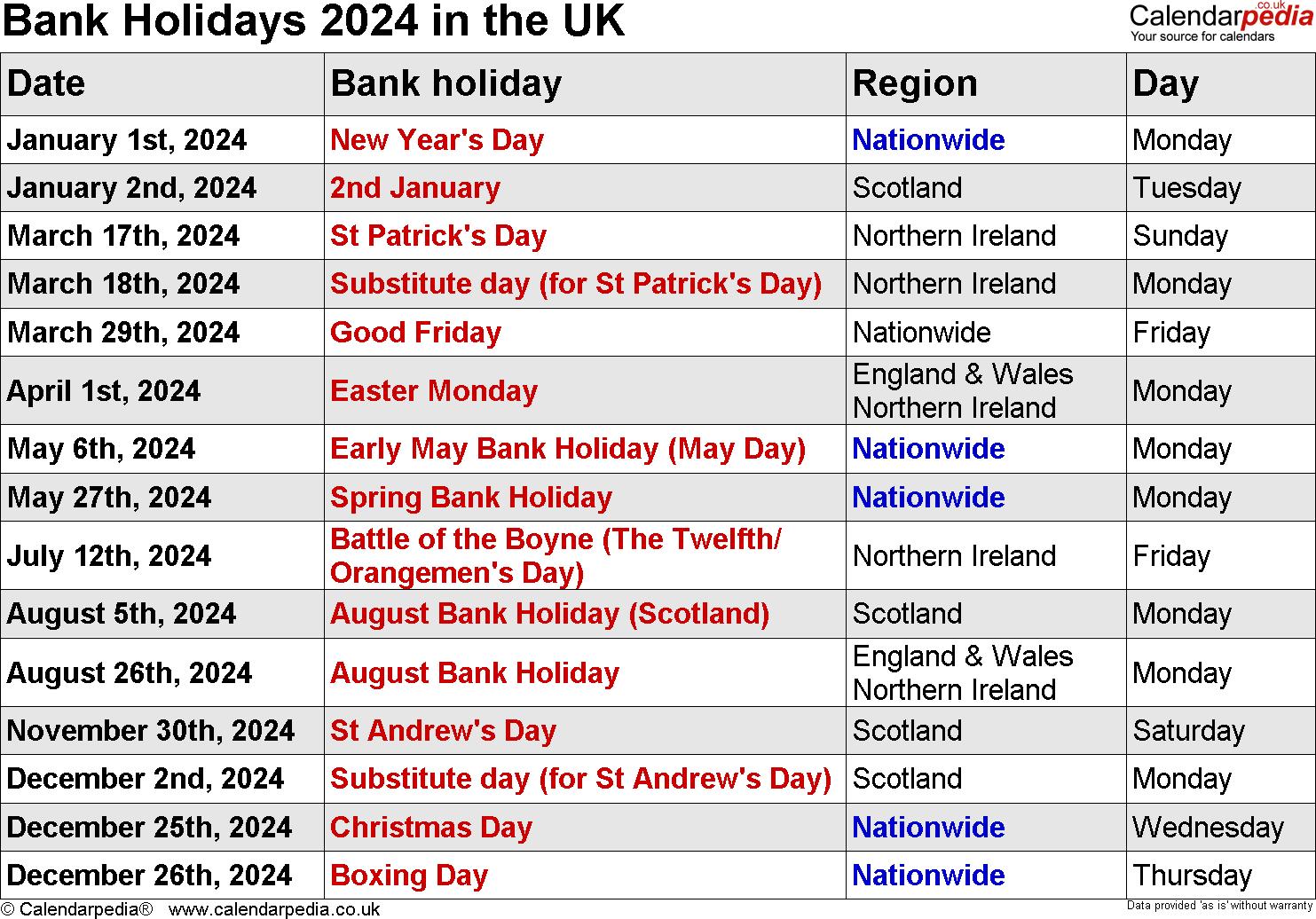
In a recent announcement, the UK government confirmed that there will be no additional bank holidays in 2024, despite rumors that they were considering adding days off to commemorate World War Two victories. This news may come as a disappointment to some who were looking forward to potential time off, but it's important to note that employers are not required to provide paid leave on bank holidays. Here is a list of all the confirmed bank holidays for 2025 in England and Wales.

On Saturday, Infosys co-founder NR Narayana Murthy and former UK PM Rishi Sunak attended the Jaipur Literature Festival in Rajasthan along with Murthy's wife, philanthropist and author Sudha Murty, and her sister. The former PM was encouraged to greet the audience by his aunt-in-law, while the host acknowledged their past support for the festival and welcomed them back. The video of their appearance has garnered attention and reactions on social media. This comes as Finance Minister Nirmala Sitharaman presented the second Budget for the BJP government, addressing the struggling Indian economy with a focus on various sectors.
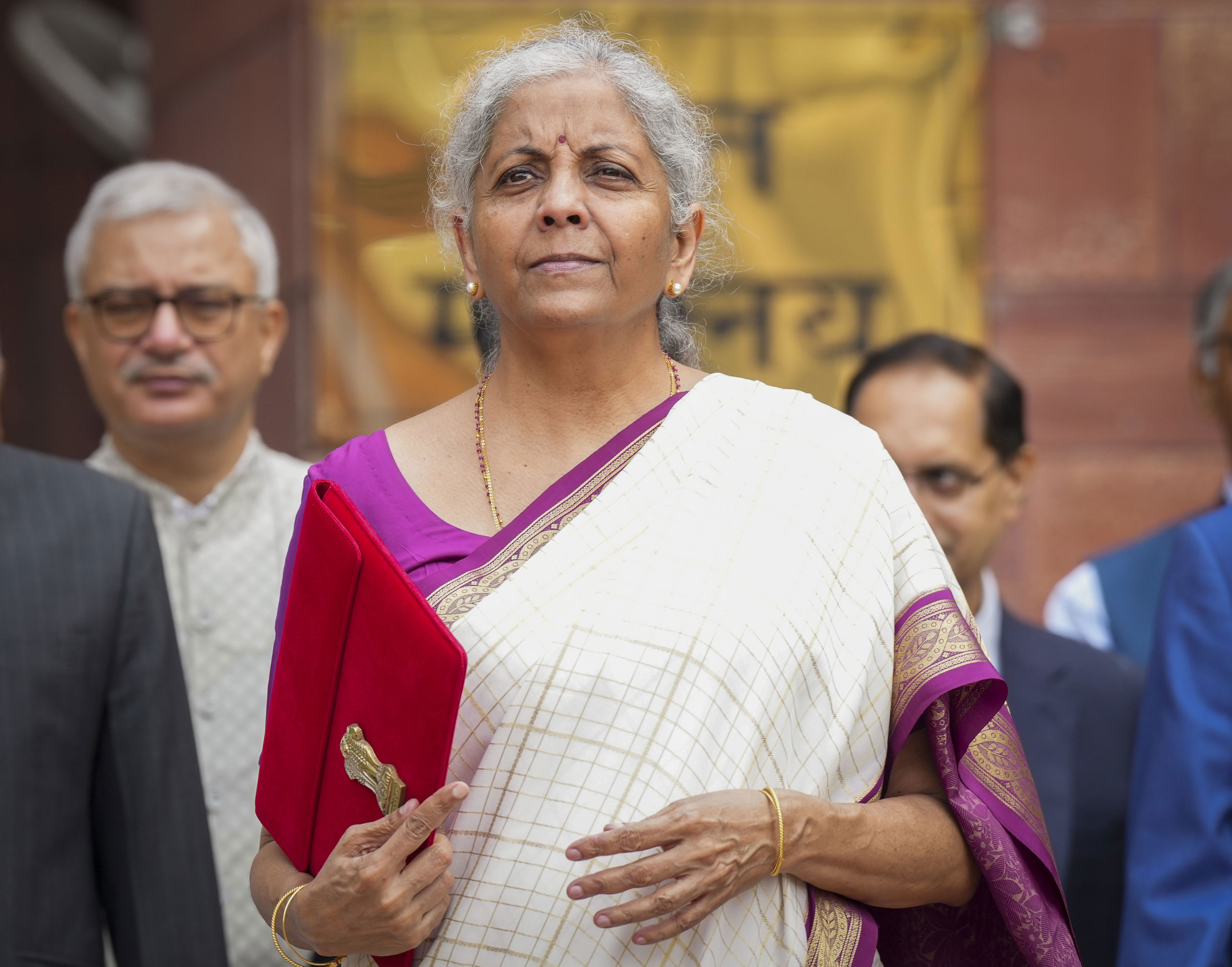
In her highly anticipated budget speech, Finance Minister Nirmala Sitharaman announced a series of measures aimed at uplifting gig workers and promoting economic growth. These measures include providing gig workers with ID cards and access to healthcare, as well as creating a Rs 10,000 crore fund for startups. The budget also includes a focus on promoting high-yielding crops, increasing credit for farmers, and boosting manufacturing and exports. However, the projected GDP growth falls short of the ambitious goal of making India a developed nation by 2047.
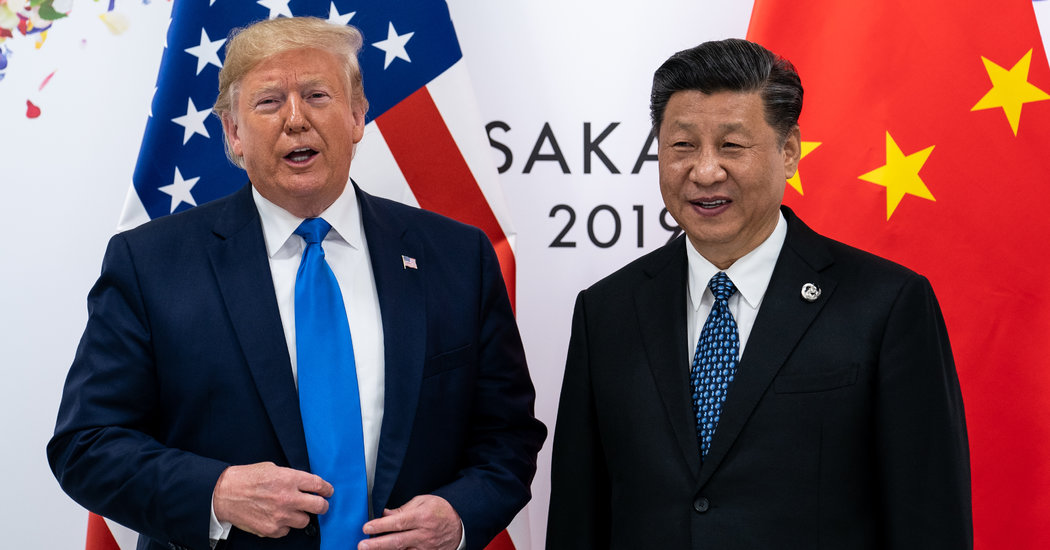
President Donald Trump enacts stiff tariffs on imports from Mexico, Canada, and China, sparking a trade war with America's North American neighbors. Outgoing Canadian Prime Minister Justin Trudeau retaliates with a 25% tariff on USD 155 billion worth of American imports, while Mexican President Claudia Sheinbaum vows to respond with tariffs of her own. The move has potential consequences for the global economy and may hinder Trump's efforts to lower consumer prices, despite his claims of protecting Americans and curbing illegal activity.
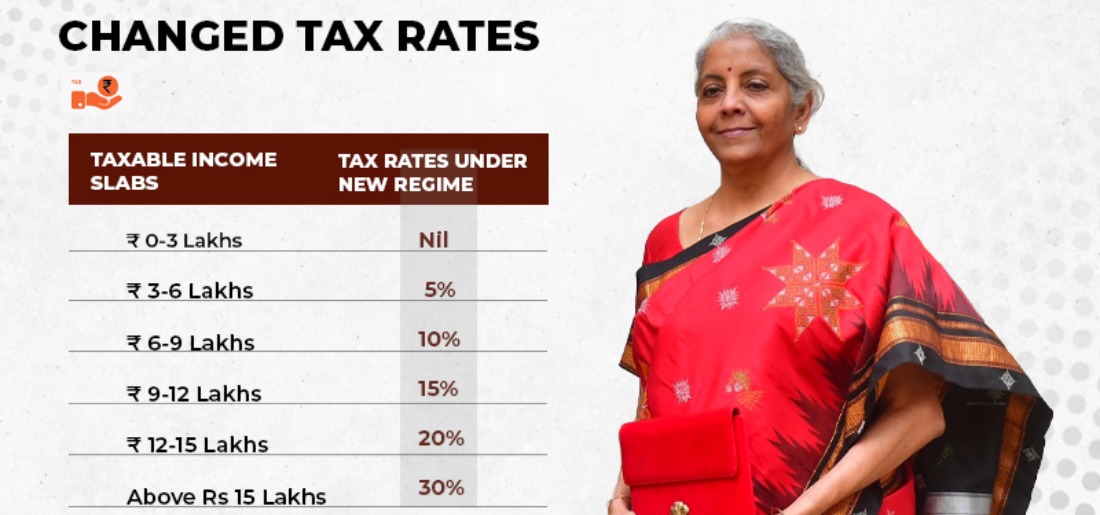
During her Union Budget 2025 speech, Finance Minister Nirmala Sitharaman announced that no income tax will be payable on income up to Rs 12 lakh, providing significant relief to taxpayers, especially the middle class. However, this exemption only applies if a taxpayer takes relief under various sections of the income tax act. No major announcements were made for the railway sector, as the budget focuses more on increasing allocations for railways over highways.
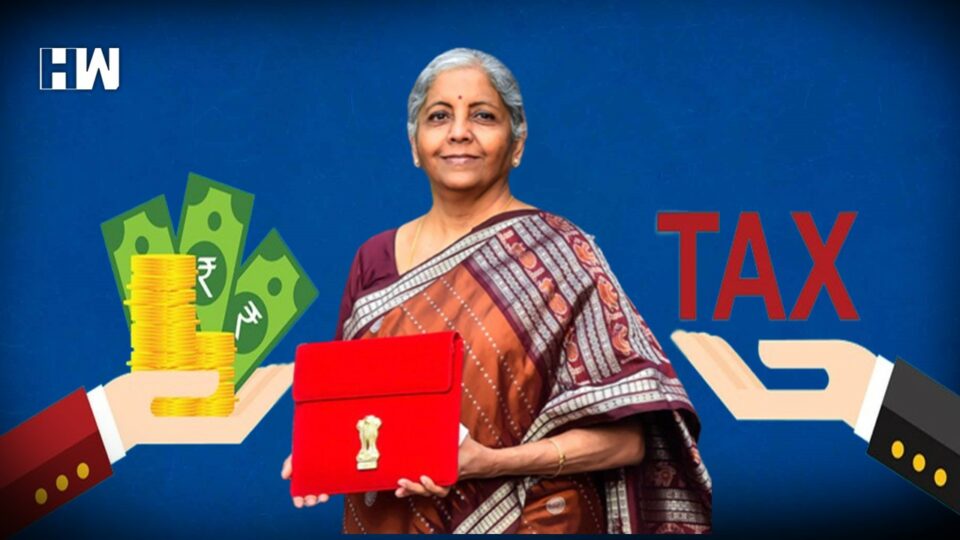
With the announcement of the new tax regime, Finance Minister Nirmala Sitharaman has announced significant changes to the slabs and rates to benefit all taxpayers. Under the new system, taxpayers with normal income up to Rs 12 Lakhs will not have to pay any taxes, and those with income up to Rs 4 Lakhs will be exempted. The time limit for filing returns has also been extended to 4 years.
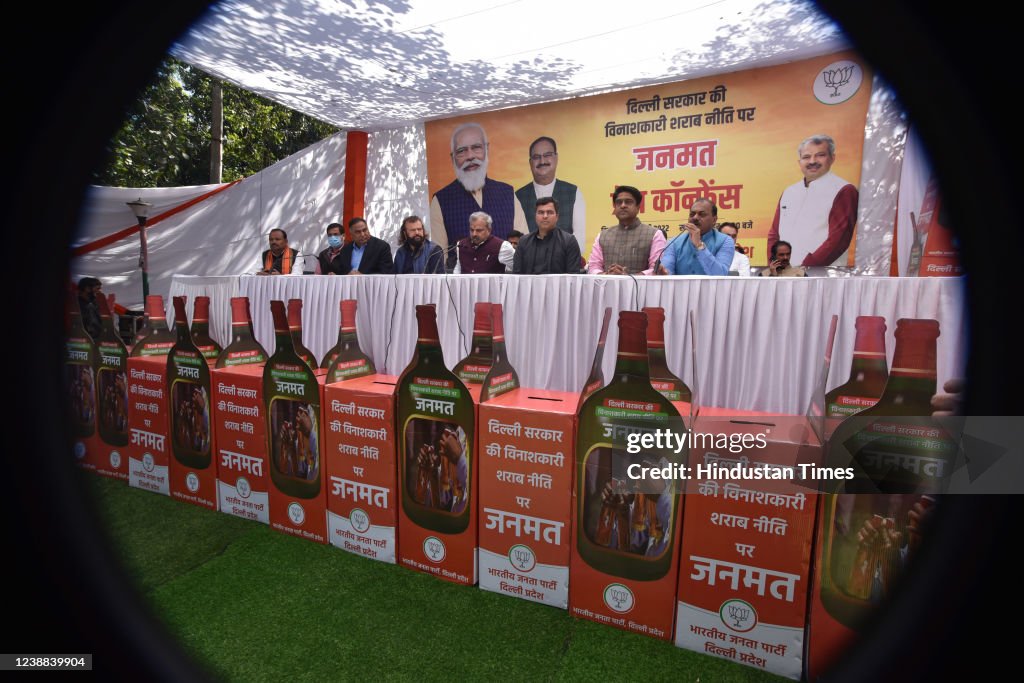
The Bharatiya Janata Party (BJP) has launched an aggressive campaign targeting the Aam Aadmi Party (AAP) ahead of the February 5 elections in Delhi. The BJP is projecting itself as the only solution to the capital's issues, accusing the AAP government of mismanagement and neglect in several key areas. The BJP is promoting a "double-engine government" with a BJP-led administration in both Delhi and the Centre, claiming it will ensure faster and more effective development. The AAP, BJP, and Congress are all vying for victory in the upcoming elections.
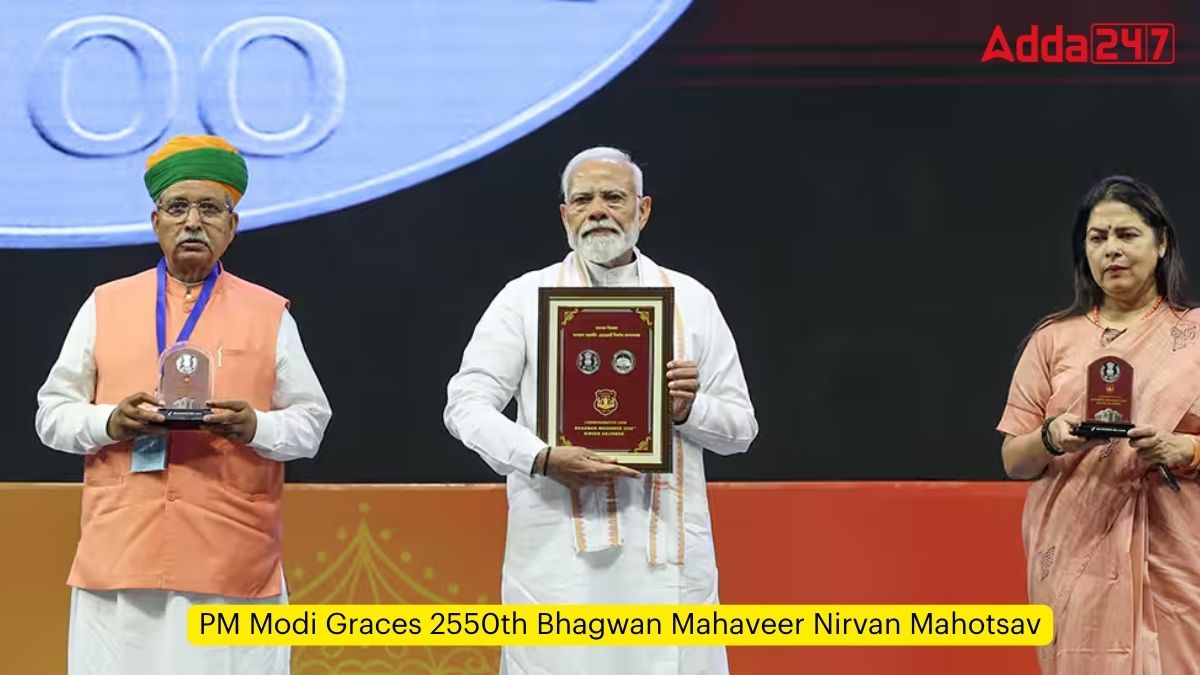
Indian Prime Minister, Shri Narendra Modi, inaugurated the 2550th Bhagwan Mahaveer Nirvan Mahotsav in New Delhi and paid tribute to the Jain saint by releasing a commemorative stamp and coin. He praised the youth for their commitment towards the values of Bhagwan Mahaveer and stated that India will continue to celebrate these values for thousands of years. Modi also acknowledged the importance of spiritual teachings in a world plagued by numerous wars. He expressed his belief that India's identity lies in its pride and that modernity is its body and spirituality its soul.
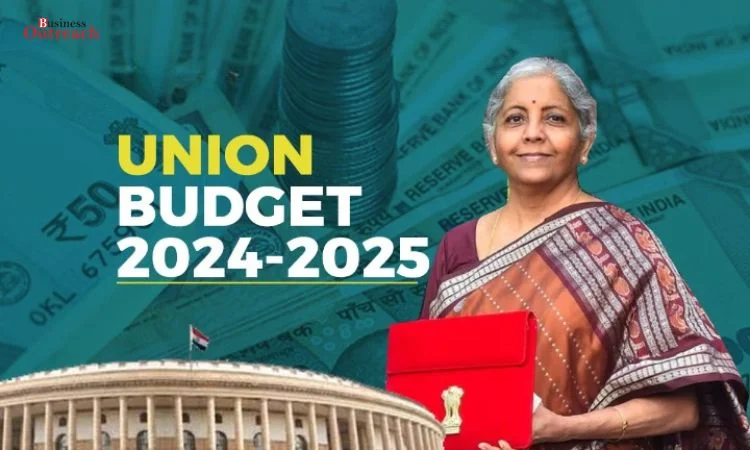
Parliamentarians from various parties have hailed the Union Budget 2025 for its inclusive development approach and focus on key areas such as infrastructure and economic growth. Special attention has been given to the state of Bihar, with MPs expressing gratitude to Prime Minister Narendra Modi and Finance Minister Nirmala Sitharaman for their commitment to a 'Viksit Bharat'. While critics have linked these provisions to the upcoming Bihar elections, former Union Minister Ravi Shankar Prasad defended the budget, stating that the state deserves these developments regardless.